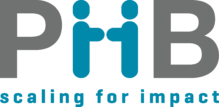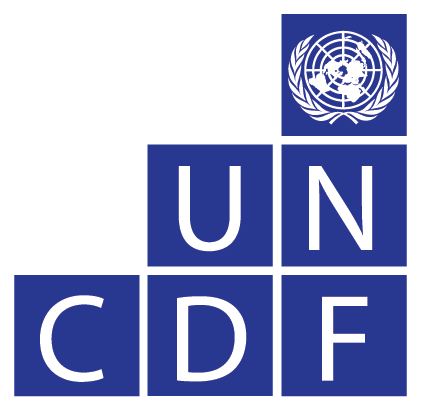
Support MTN Benin to develop a payment ecosystem around moto-taxis drivers (Zemidjans)
MTN wants to set up a payment ecosystem around the Zemidjans (moto-taxi drivers in Benin), using mobile money as a solution to the challenges they face: Phase 1: Addressing security and liquidity issues with the implementation of merchant payment. Phase 2: Addressing a lack of means to meet their ambitions with a digital group savings product (“tontine”).
Context:
MTN wants to set up a payment ecosystem around the Zemidjans (moto-taxi drivers in Benin), using mobile money as a solution to the challenges they face:
Phase 1: Addressing security and liquidity issues with the implementation of merchant payment.
Phase 2: Addressing a lack of means to meet their ambitions with a digital group savings product (“tontine”).
Objectives: The general objective of this project is to increase the adoption of digital financial services by the Zemidjans. The rationale is to make Zemidjans brand ambassadors promote the benefits of mobile money to the rest of the population. To this end, the project aims to develop merchant payment, testing different tools (NFC, QR code, Mobile App and USSD) and different value propositions for both merchants (Zems and Zems’ providers – i.e. gas stations) and end-clients.
Deliverables:
- Conduct research to identify factors for adoption: Stakeholder interviews, HCD research with Zemidjans, merchants (gas station, food providers, mechanics, etc.) and Zems clients
- Identify value propositions for all players within the ecosystem (Zems, merchants, clients)
- Build a business case for each of the payment solutions (NFC, QR code, Mobile App and USSD)
- Define a communication /education strategy to train Zems, clients and merchants on how the payment works
- Train and support the Zemidjans to use the different solutions (NFC, QR code, USSD)
- Test the solutions during a 6-months pilot
- Share knowledge on learnings and findings through blogs and other materials (video, pictures).
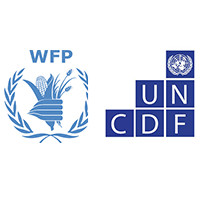
Support the digitalization of WFP cash transfers in Niger
The development of training curricula based on the results of the study and the conduct of training sessions for trainers with WFP's operational partners (NGOs, etc.)
Context:
In November 2017, WFP and UNCDF signed a Memorandum of Understanding specifying the synergies to be put in place between the two organizations for the accomplishment of their respective missions in West Africa. It is in this context that a project was initiated in 2018 between WFP Niger and the MM4P program. The objective of this project is to support WFP Niger in digitizing its social cash transfers to households in vulnerable situations.
Objectives:
PHB was selected to implement the process of digitizing payments of social transfers. More specifically, the objectives were to conduct studies and research that will enable WFP to acquire a good knowledge of the behaviour and attitudes of its beneficiaries, and also to effectively apprehend their needs in order to implement the most appropriate solutions taking into account their immediate environment (geographical, cultural and socio-economic). PHB shall conduct an evaluation of the distribution network selected, in order to highlight the strengths and weaknesses for which the improvement and correction plans should be implemented to ensure the success of the transfer operations.
Deliverables:
- Conducting a human-centred study to better identify the needs and constraints in terms of adoption and use of digital financial services, which will have to be addressed later through adequate training;
- Evaluation of the DFS provider agent network in the project area and discuss the value proposition of the financial service provider
- The development of training curricula based on the results of the study and the conduct of training sessions for trainers with WFP's operational partners (NGOs, etc.)
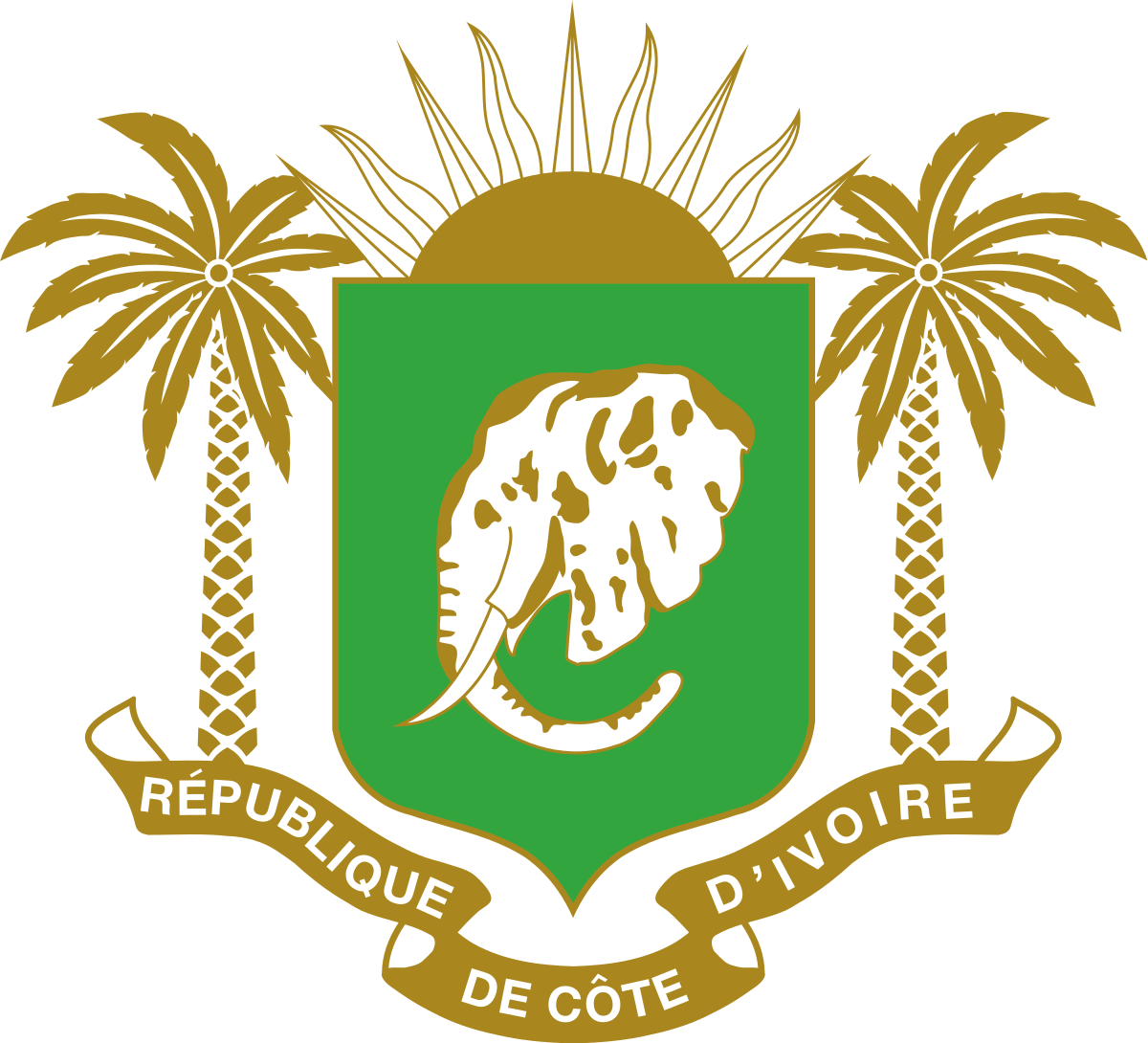
Development of the digital finance strategy in Ivory Coast
The payment sector in Côte d'Ivoire gives large importance to the digital payments instruments. However, it must adapt to the arrival of new players, new technologies and changing user expectations. In 2014, Côte d'Ivoire adopted the Financial Sector Development Strategy to reorganize, stabilize and develop the sector. This strategy is broken down into a sectoral and thematic action plan. The Financial Sector Development Program (PDESFI), created in 2014 by the Government, is the body responsible for implementing the strategy.
Context:
The payment sector in Côte d'Ivoire gives large importance to the digital payments instruments. However, it must adapt to the arrival of new players, new technologies and changing user expectations. In 2014, Côte d'Ivoire adopted the Financial Sector Development Strategy to reorganize, stabilize and develop the sector. This strategy is broken down into a sectoral and thematic action plan. The Financial Sector Development Program (PDESFI), created in 2014 by the Government, is the body responsible for implementing the strategy.
Objectives:
As part of its mission, and in order to accelerate the development of the digital finance sector, PDESFI wished to develop a strategy for the development of digital finance. The definition of a strategy for the development of digital finance aims to accelerate the development and securing of innovative means of payment and the competitiveness of the Ivorian payments industry.
Deliverables:
- Review documentary: PESTLE analysis on the situation of digital finance in Côte d'Ivoire; Comparative study of Côte d'Ivoire and other relevant countries; Research tools (questionnaires) and stakeholder mapping
- In-depth interviews with industry stakeholders: 30 stakeholder interviews (government, private sector, and international agencies)
- Preparation of the strategy document: Development of the national strategy framework for the Ivory Coast by clearly identifying the status and future needs of each element of the digital finance ecosystem: policies and regulations, distribution, providers, partners, clients, networks of agents and levers of adoption; Development of the work plan for the implementation of the country strategy (with activities, and calendar over 5 years and working budgets) ; Results Chain Project ; Framework for measuring results and the results chain ; Stakeholder strategy presentation workshop
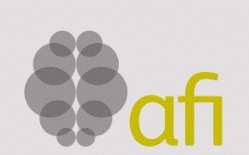
Study and recommendations for regulators to drive the digital transformation of microfinance in Africa
The intersection of digital technologies and microfinance is one of the focus areas of AFI, especially given the opportunities technology provides in enhancing microfinance institutions (MFIs), at the MFI level (improved efficiency, reduced costs, etc.) and at the customer level (convenience, digital footprint, etc.). AFI commissioned this study to provide more efficient and relevant guidance to its members (financial regulators and supervisors) in the area of digitization of microfinance services.
Context:
The intersection of digital technologies and microfinance is one of the focus areas of AFI, especially given the opportunities technology provides in enhancing microfinance institutions (MFIs), at the MFI level (improved efficiency, reduced costs, etc.) and at the customer level (convenience, digital footprint, etc.). AFI commissioned this study to provide more efficient and relevant guidance to its members (financial regulators and supervisors) in the area of digitization of microfinance services.
Objectives:
The objective of this study is to underscore the role of technology in enhancing, efficiency and viability of the microfinance industry in Africa. It seeks to understand the synergy between digital financial services and microfinance institutions and develop policy and regulatory recommendations that facilitate the digital transformation of microfinance services to deepen financial inclusion in Africa.
Deliverables:
- Production of outline and methodology for the study
- Literature review
- 10+ stakeholder interviews among MFIs, MNOs, and Fintechs
- Report writing and publication

Evaluation of an agent network in rural Senegal
MM4P is providing support to InTouch to fill the gap in the number of service points (number of agents) active in rural areas, through a national deployment of 368 active agents. Ten departments are targeted. InTouch S.A. operates in the sector of information and communication technology and digital financial services. It offers an aggregation of different payment methods and distributes various digital financial services through simple and reliable access via a large network of agents. This aggregation consists of an application solution embedded on a mPos (Mobile Point Of Sale) called the One-Stop-Shop (GU).
Context:
MM4P is providing support to InTouch to fill the gap in the number of service points (number of agents) active in rural areas, through a national deployment of 368 active agents. Ten departments are targeted. InTouch S.A. operates in the sector of information and communication technology and digital financial services. It offers an aggregation of different payment methods and distributes various digital financial services through simple and reliable access via a large network of agents. This aggregation consists of an application solution embedded on a mPos (Mobile Point Of Sale) called the One-Stop-Shop (GU).
Objectives:
The objective of the project is to conduct a study on agent challenges in rural areas and to evaluate InTouch's agent deployment project (mid-term and final evaluations). This project aims to determine the extent to which the project successfully addresses the challenges of agents in rural areas and the impact on customers in terms of access and use of digital financial services. In addition, both sets of evaluations will generate lessons learned. The final evaluation will include an assessment of the sustainability of the results obtained and recommendations.
Deliverables:
- Agent research: Research panning and methodology, secondary research, the conception of qualitative research tools, qualitative interviews with the agent, and analysis.
- Mid-term evaluation: definition of an evaluation matrix, analysis of KPIs, qualitative interviews with agents, mid-term evaluation analysis
- Final evaluation: revision of the evaluation matrix, analysis of KPIs, qualitative interviews with agents, final evaluation, analysis and recommendations for InTouch SA, UNCDF and the general public.
- Knowledge Management: contribution to the knowledge sharing activities of UNCDF through regular blogs, a movie script, a case study and a webinar.

Digital Transformation of Microfinance and Digitization of Microfinance Services to Deepen Financial Inclusion in Africa
Understand the synergy between digital financial and microfinance institutions in providing access to finance to individuals and small businesses

Context: Understand the synergy between digital financial and microfinance institutions in providing access to finance to individuals and small businesses
Objective: The overall objective of this consultancy assignment is to underscore the role of technology in enhancing, efficiency and viability of the microfinance industry in Africa.
Deliverable: Created a report on the digital transformation of microfinance and digitization of microfinance services to deepen financial inclusion in Africa. Developed policy and regulatory recommendations that facilitate the digital transformation of microfinance services to deepen financial inclusion in Africa and pave the way toward the advancement of strategic collaboration for AFI and its partners in the Africa region
Context: Review the market in West Bank for establishing and engaging a banking services company. The remit of this company would include the operation of a national switch and management of the POS and merchant acquiring.
Objective: Assess the payments landscape in Palestine and advise on how technology could cost-effectively enhance the reach of banking and payment products.
Deliverables: Produced report addressing the future of financial inclusion and recommendations on how to expand the service at POS; create a national and interoperable switch and prevent information asymmetries that limit access to credit.
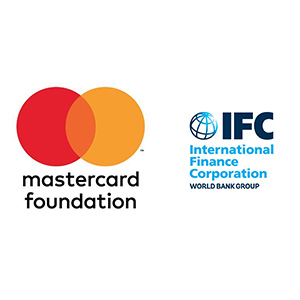
Evaluate scaling-up financial services delivery program
In cooperation with The MasterCard Foundation, the International Finance Corporation (IFC) is implementing a program intended to accelerate the reach of financial services for the poor in sub-Saharan Africa, through two main workstreams.

Context: In cooperation with The MasterCard Foundation, the International Finance Corporation (IFC) is implementing a program intended to accelerate the reach of financial services for the poor in sub-Saharan Africa, through two main workstreams. The first aims to support significant scaling up of reach and diversification of product offerings of eight of IFC’s strongest microfinance partners, with an additional two funded under a separate window from the Development Bank of Austria, for a total of 10 MFIs supported by the program. The second focuses on assisting banks and/or mobile network operators to offer financial services at significant scale using alternative delivery channels (ADCs) such as agent and mobile banking channels
Objective: The evaluation will provide the IFC Sub-Saharan Africa Office, the Access to Finance (A2F) Business Line, the MasterCard Foundation and the participating institutions (mainly MFIs and MNOs) with sufficient information to: Make an independent assessment both at mid-term and ex-post about the performance of the Partnership; Identify key lessons and propose recommendations for course correction and follow-up actions; Assess the effectiveness of the Knowledge Management component of the Partnership. Specifically, the paper will analyze how MFIs implement MFS channels with the goal to achieve profitable growth, and document the primary operational and institutional challenges of implementing new channels and key issues for MFIs to consider.
Deliverables: 1a) A theory-based, process orientated mid-term Evaluation of the IFC-MasterCard Foundation Partnership. This Evaluation addresses 5 evaluation criteria: four standard OECD-DAC criteria (relevance, effectiveness, efficiency, and sustainability), as well as the standard IFC dimension of additionality. The main aim of this study is to provide recommendations for timely course corrections. 1b) A theory-based, summative final Evaluation of the IFC-MasterCard Foundation Partnership. This Evaluation addresses 6 evaluation criteria: five standard OECD-DAC criteria (relevance, effectiveness, efficiency, impact and sustainability), as well as the standard IFC dimension of additionality. 2) Business Case study for MFIs implementing ADCs with the goal to achieve profitable growth. The study collects data, analyze and document the evolution of ADC implementations over the course of their participation in the scaling program.
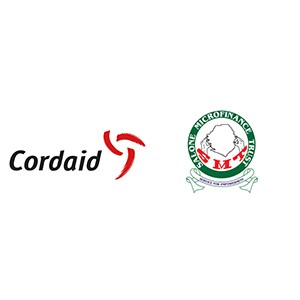
Business Planning for the cooperation of SMT with Airtel Money in Sierra Leone
This study, as part of the axis of the AFR/017 project “Promoting Inclusive Financial Sectors”, aims to analyze the environment of mobile technologies for an optimized deployment of Mobile Banking solutions in the UEMOA zone.

Context: This study, as part of the axis of the AFR/017 project “Promoting Inclusive Financial Sectors”, aims to analyze the environment of mobile technologies for an optimized deployment of Mobile Banking solutions in the UEMOA zone. The recommendations of this study will allow the Central Bank of West African Countries (BCEAO) to take upon the challenges and constraints existing in this area.
Objective: The study will be an overview of various existing frameworks for the regulation of telecommunications and databases. This will generally identify weaknesses in the regulation and how to improve these shortcomings, after a thorough diagnostic on practices and existing regulations within the UEMOA zone.
Deliverables: Have an updated reading of the telecom environment and existing Value Added Services (VAS) offers in each UEMOA country; Understand how national telecom regulations deal with the issue of Mobile Banking in West Africa; Identify challenges and regulatory constraints, as well as expected legal evolutions, for an effective deployment of Mobile Banking solutions; Make recommendations helping in the future to dispose for Mobile Banking of reference regulatory frameworks (telecommunications), with regards to telecoms and data protection regulations; Propose an action plan for the harmonization of telecom and personal data protection regulations; Note if there is a synergy between telecom and banking regulations; Elaborate the cartography of regulations; Highlight through the study the aspects related to transparency, pricing and competition in telecom sector (interconnection, USSD).
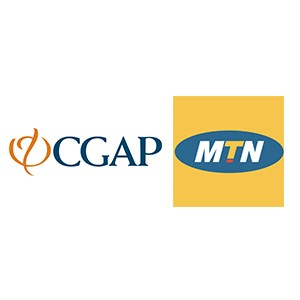
Analytics for Mobile Money, customer adoption & distribution performance in Ghana
CGAP assists MTN Mobile Money in improving its customer adoption in Ghana.

Context: CGAP assists MTN Mobile Money in improving its customer adoption in Ghana.
Objective: Evaluate Mobile Money performance particularly on customer adoption and agent network deployment. Define the required key performance indicators and the improvement actions. Deploy these commercial actions and measure results.
Deliverables: Deployment of online dashboards focusing on the performance of Mobile Money; Deliver a model to select potential adopters and assist MTN to lead the campaign.
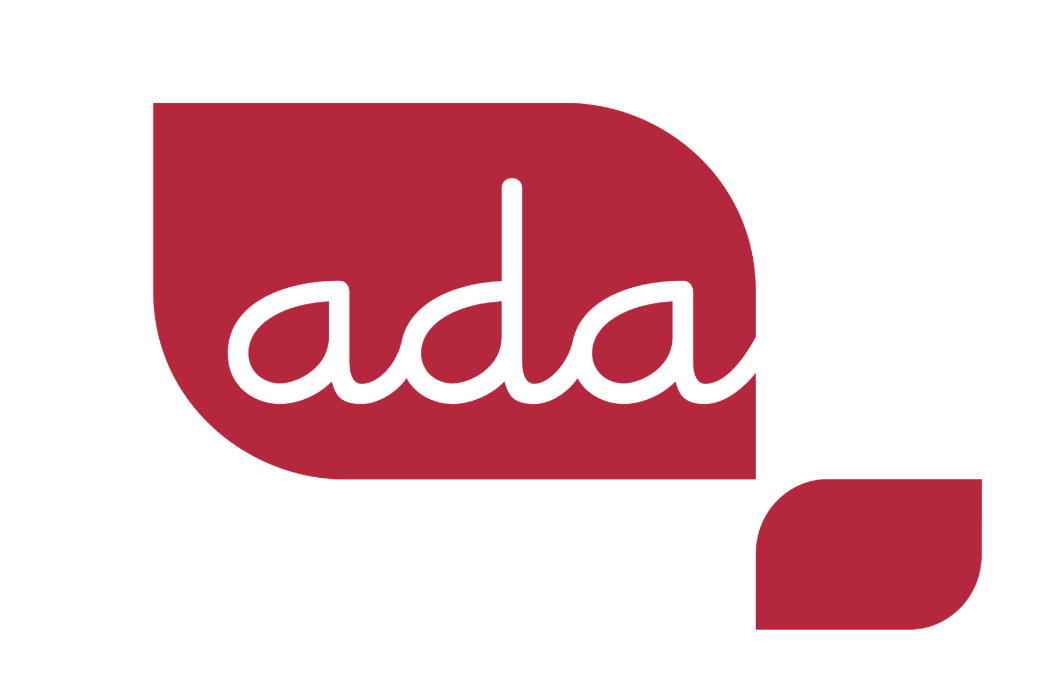
Remittance corridor and Developing a Solidarity Savings product
PADFI, a project funded by the Luxembourg government and managed by ADA to support the development of MFIs in Cap Verde, includes a migrant component.
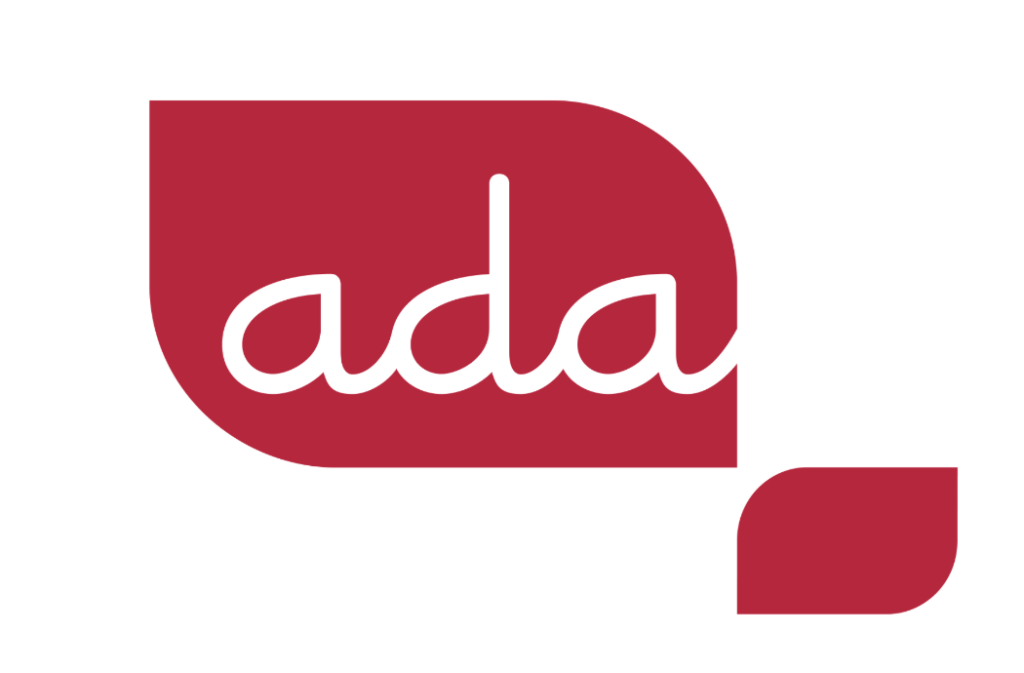
Context: PADFI, a project funded by the Luxembourg government and managed by ADA to support the development of MFIs in Cap Verde, includes a migrant component.
Objective: Design a solidarity savings product for Cap Verdean migrants in Luxembourg to finance MFIs in Cap Verde.
Deliverables: a Market study to identify the characteristics of the Cape Verdean diaspora in Luxembourg and their needs for financial services; Develop a solidarity savings product, including partners and structure, leverage mechanism, financial modelling, and reporting and monitoring mechanisms.
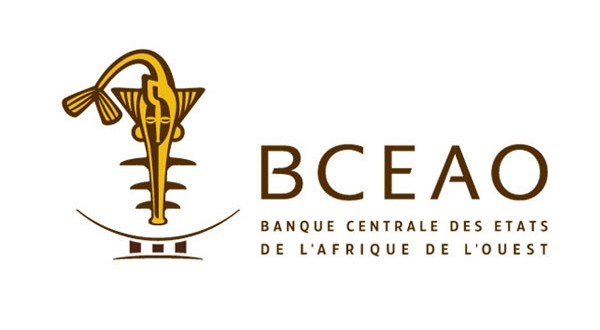
Telecom regulation challenges that impact mobile financial services in UEMOA countries
The Central Bank of West African country wants to develop financial inclusion through mobile and branchless banking.

Context: The Central Bank of West African country wants to develop financial inclusion through mobile and branchless banking.
Objective: Identify the regulatory constraints that impeach mobile operators, financial institutions, and payment service providers to actively develop their services and deployments.
Deliverables: Synthetic presentation of the regulatory constraints mainly related to customer protection, open competition and interoperability, recommendations to overcome them at policy and regulatory levels, as well as with government payment initiatives.
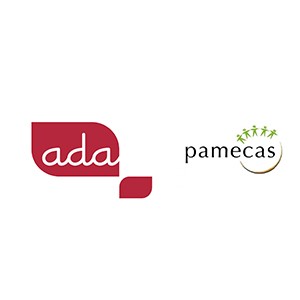
Market study of Senegalese migrants in Spain and product development of remittance-linked products
Since 2009, PAMECAS, in collaboration with ADA, is promoting the savings of Senegalese migrants. Pamecas wishes to adapt its product and services for migrants residing in Spain.

Context: Since 2009, PAMECAS, in collaboration with ADA, is promoting the savings of Senegalese migrants. Pamecas wishes to adapt its product and services for migrants residing in Spain.
Objective: Perform a market study about the needs of Senegalese migrants in Spain and suggest improvements for the Pamecas remittance products.
Deliverables: Market study identifying the characteristics of the Senegalese diaspora in Spain and their needs for financial services; Product development plan to improve the current products (features, pricing, operations, promotion, distribution); Financial/business model; Action plan for Implementation.

Roll-out of e-Zwich in rural areas – branchless banking in Ghana
Ghana Interbank Payment and Settlement Systems developed e-zwich, a smart card payment system to increase financial inclusion in rural areas.

Context: Ghana Interbank Payment and Settlement Systems developed e-zwich, a smart card payment system to increase financial inclusion in rural areas.
Objective: Re-position e-zwich on the market and define the role of the banks and merchants in the value chain.
Deliverables: The defined strategy has been implemented and piloted in one region; based on the results, the approach will be rolled-out nationally.
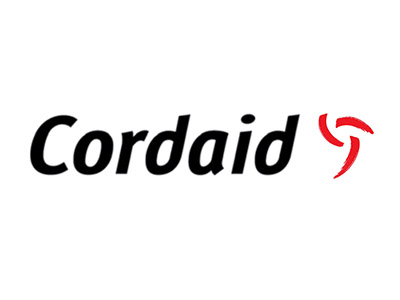
Mobile Money Transfer Market Study in Sierra Leone
In 2005, Cordaid began supporting the development of the microfinance sector in Sierra Leone (also via MITAF). There are now 13 MFIs in the country, who reach 95,000 loan clients. Mobile financial services have been offered since 2010 (Splash and Airtel Money.
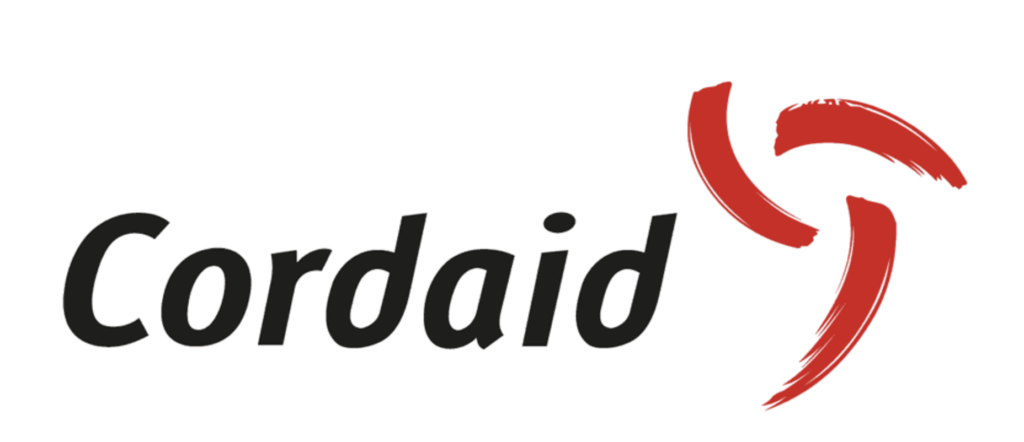
Context: In 2005, Cordaid began supporting the development of the microfinance sector in Sierra Leone (also via MITAF). There are now 13 MFIs in the country, who reach 95,000 loan clients. Mobile financial services have been offered since 2010 (Splash and Airtel Money.
Objective: assess the market demand for mobile money transfer (MMT) and provide advice on the role that MFIs can play in the mobile financial services’ ecosystem.
Deliverables: market research based on desk studies, interviews and focus groups. A value proposition for MMT in Sierra Leone was included and concrete scenarios for how MFIs can become players in the ecosystem. 10 MFI assessment reports on their readiness for MMT were produced and a workshop with the central bank, MFIs and mobile money providers.
